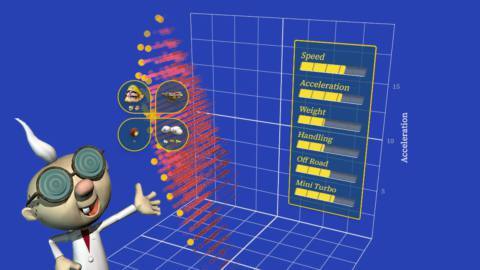
Stranger of Paradise: Final Fantasy Origin is Team Ninja’s latest, a fast-paced action game that serves as a prequel to the original Final Fantasy. Early reports suggested shouldn’t expect a technical stunner, but as a new full-price Final Fantasy adventure seemingly built on the Nioh engine, the potential was there for something interesting and worthwhile.
The problem is that the tech is clearly dated, to the point where core rendering elements are reminiscent of the PlayStation 3/Xbox 360 era. Even so, the demands placed on our consoles are significant – to the point finding any machine capable of providing a locked 60fps proves to be a remarkably difficult experience. It’s not possible on any of the current-gen machines with only PS4 Pro code running on PS5 getting close. However, remarkably, Xbox One X gets closest to a locked 60fps from all available options, albeit with the uglified rendition of the game’s visuals common to all last-gen machines and – unforgivably – on Xbox Series S too.
But let’s go back to the technology and what we mean by ‘dated’ elements in the renderer. Most modern titles use a mix of techniques to approximate the way light behaves as it interacts with different materials. Light bounce, for instance, is typically simulated with global illumination systems, and surface qualities are simulated by using additional values – like albedo, reflectivity, and roughness – in lighting calculations, also known as physically-based rendering. Stranger of Paradise doesn’t seem feature these systems – or if they are there, they aren’t especially well implemented. Visual design also harkens back to the seventh gen era – aggressive specular and harsh colour grading is the name of the game, almost reminiscent of an Unreal Engine 3 release. In combination with poor post-processing effects and some drastically variable brightness from area to area, the presentation here is not strong.






